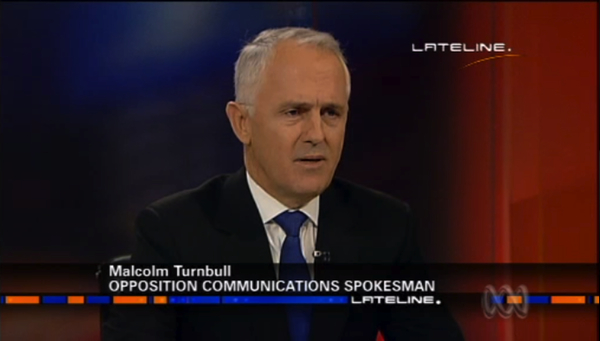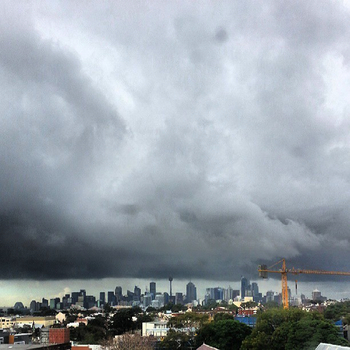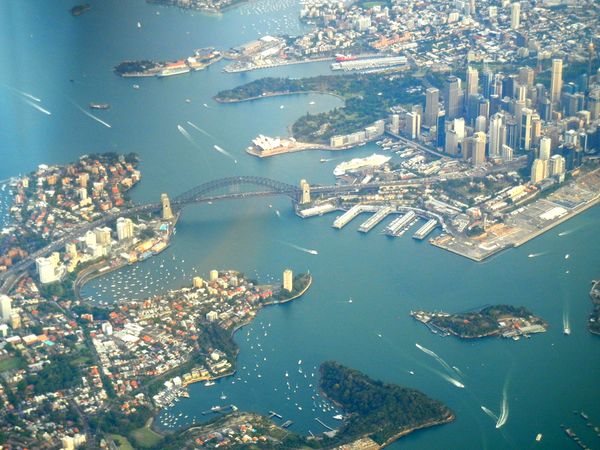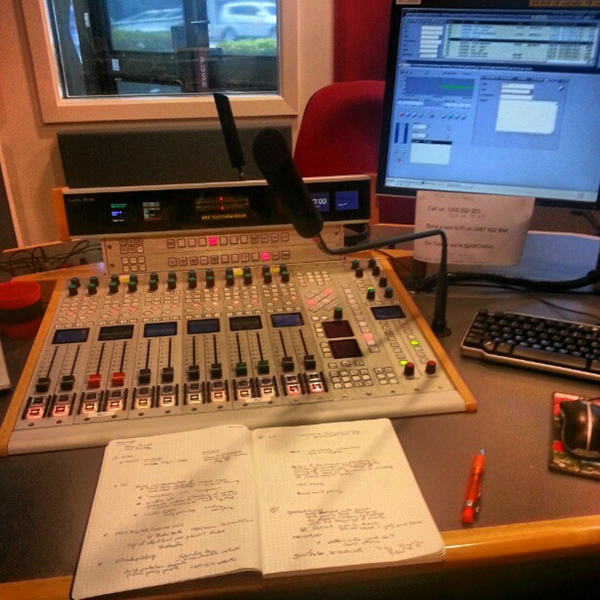 This post is written for an audience of one. The Honorable Malcolm Turnbull MP, Member for Wentworth and Shadow Minister for Communications and Broadband. But all you proles are welcome to read it too.
This post is written for an audience of one. The Honorable Malcolm Turnbull MP, Member for Wentworth and Shadow Minister for Communications and Broadband. But all you proles are welcome to read it too.
Since I last spoke with Turnbull eighteen months ago for the Patch Monday podcast, his comments on Australia’s National Broadband Network (NBN) have frustrated me to hell. I’m guessing he’s not thrilled with what I’ve written since then either — because most of it has been critical of his comments, or even straight-up mockery.
- Some of that ol’ NBN religion, ZDNet Australia, 31 January 2013, in which I called the Coalition’s broadband policy “empty political rhetoric” and noted that Turnbull’s call for an end to “quasi-religious debate” applied to him too.
- Turnbull overstating the uncommercial NBN case … mostly, Crikey, 9 December 2011, in which certain spin was deconstructed.
- Turnbull’s NBN twilight zone — give the man a cigar (Cuban of course), Crikey, 11 October 2011, in which I called his words “fact-free rhetoric” and said this “annoy[ed] the shit out of me – especially when Turnbull has perfectly good rational and easy-to-explain criticisms that [Minister] Conroy can’t answer”.
- Turnbull’s curious high-bandwidth blind spot, ABC Drum Opinion, 18 August 2011, in which I analysed his Patch Monday comments with a distinct lack of flattery — the blind spot being him “not even seeing the existence of bandwidth-using applications”.
My frustration is fuelled by cognitive dissonance. I admire Turnbull’s sharp use of political rhetoric. Indeed, I’ve praised him for it many times. But recently so much of Turnbull’s use of this rhetoric has been to play the pathetic old party-political tribal games that dominate the political narrative and, quite frankly, turn people off.
Sure, propaganda must trigger biases and responses that the audience already holds. That’s Joseph Goebbel’s Principles of Propaganda 101. So, yes, here we go again. Cuba communism socialism Labor North Korea Kremlin secrecy Stalin pogrom Labor socialism bad bad bad. Yawn. Y-fucking-awn.
In my most recent piece, Some of that ol’ NBN religion, I wrote:
In a rational world, something as important as a political party’s policies for the nation’s broadband infrastructure would refer to objective facts and measures.
There’d be no talk of “super-fast broadband”, as if that were actually a unit of measurement. There’d be no lumping together of different technologies with widely different performance characteristics under this or any other generic label. We might not necessarily go into the fine details of bonded copper pairs or GPONs versus other kinds of optical fibre distribution, but we’d at least have the decency to talk about actual upload and download speeds, about theoretical maximum speeds versus those that are likely to be obtained in real life, and maybe even about capabilities.
We might even discuss the relationship between upload speeds and download speeds, and the ability for individuals and businesses to be creators and participants in the digital economy and culture, rather than merely consumers.
It said much the same sort of thing back in June 2011 when I wrote The only NBN monopoly seems to be on ignorance. Again, my frustration stemmed from the simple fact that both major political parties, not just Turnbull’s Coalition, seem intent on keeping us ignorant instead of properly explaining their different approaches to what is, as we’re continually told, Australia’s biggest infrastructure project ever.
Now as it happens, Turnbull is delivering a keynote address at Kickstart Forum, the annual get-together of many of Australia’s IT journalists and the vendors who pay to be there, on Tuesday morning. This looks like the perfect opportunity to present some facts to an audience that’s equipped to understand and interpret them for the voters.
I think I’ve only spoken with Turnbull twice. Once was the podcast, and that was over the phone. The other was in the flesh, maybe a year or two beforehand, at some event at the ABC’s headquarters in Ultimo, Sydney. But it was nothing more than a polite greeting as we were introduced.
Mr Turnbull, I very much look forward to meeting you again on Tuesday.
[Photo: Malcolm Turnbull as seen on ABC TV’s Lateline, 14 February 2013.]
 This man’s name is Mick Kinley, and he’s shrugging with indifference at allegations that safety equipment is deliberately removed from the lifeboats used to return asylum seekers to Indonesia. But that OK, he’s the acting chief executive officer of the Australian Maritime Safety Authority (AMSA).
This man’s name is Mick Kinley, and he’s shrugging with indifference at allegations that safety equipment is deliberately removed from the lifeboats used to return asylum seekers to Indonesia. But that OK, he’s the acting chief executive officer of the Australian Maritime Safety Authority (AMSA).




 This week saw
This week saw